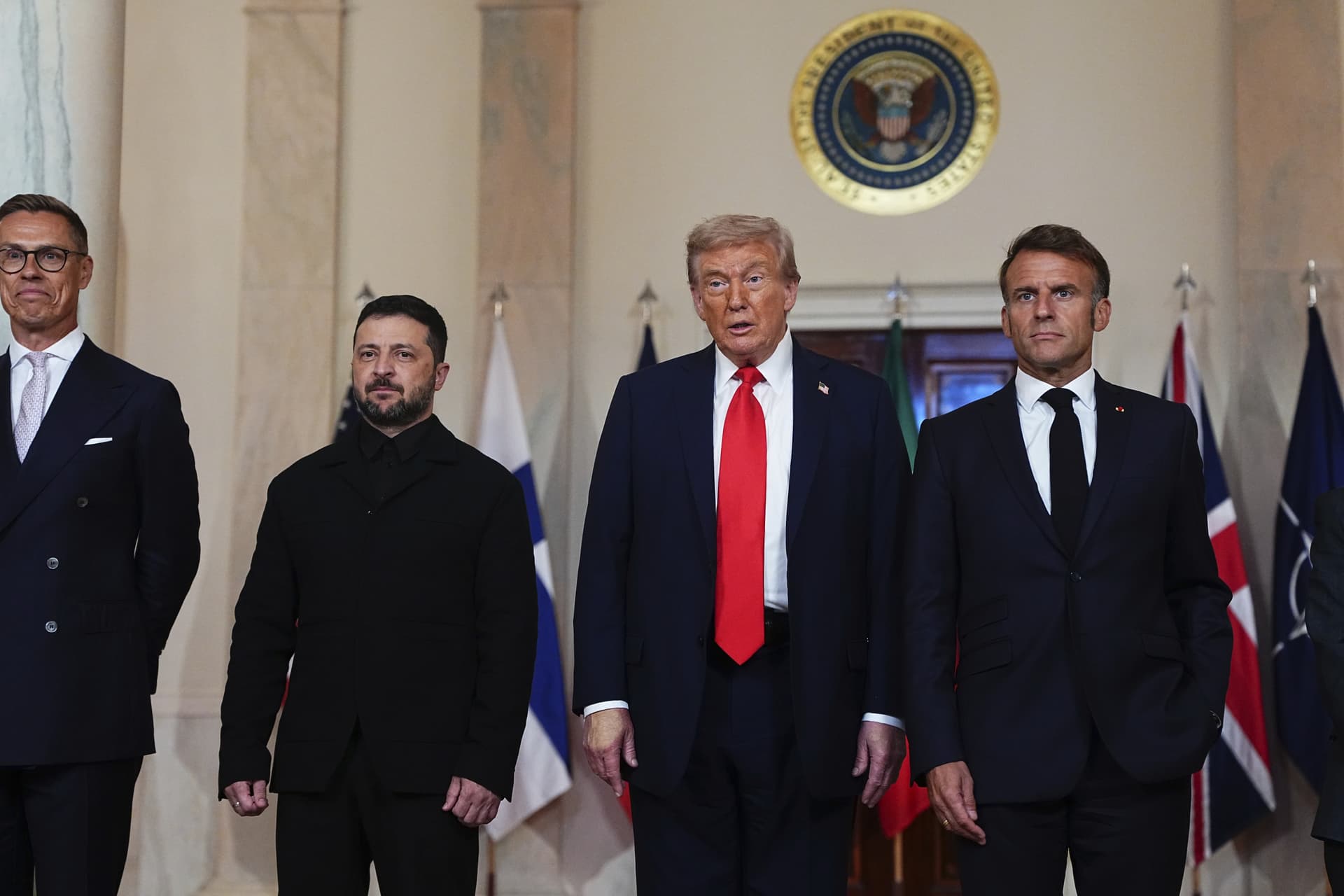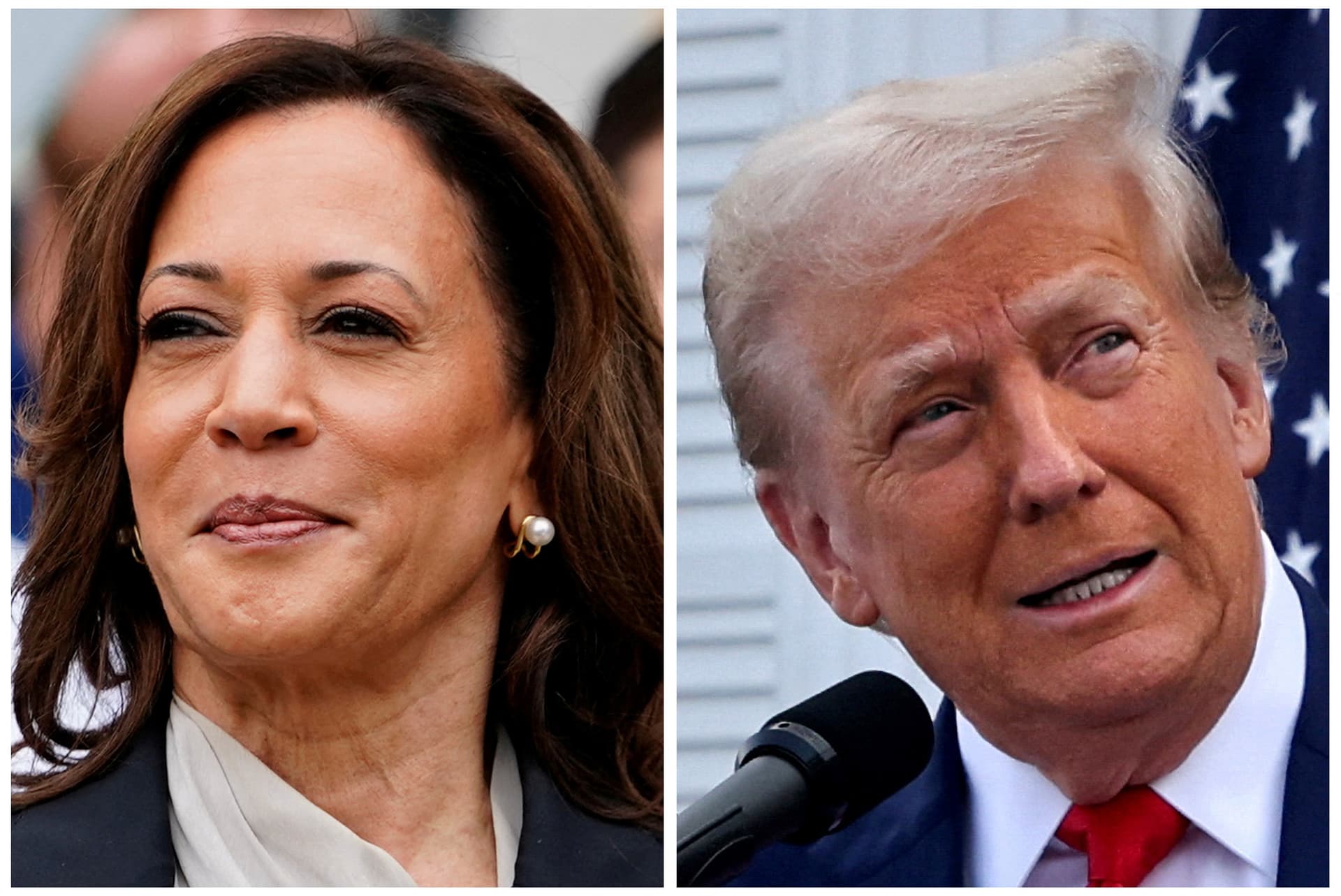Washington Demands Concrete Results Before New Trump Putin Meeting
U.S. Secretary of State Marco Rubio said any meeting between President Donald Trump and President Vladimir Putin must offer a realistic chance of ending the war in Ukraine, setting clear conditions for resuming high level contact. The Kremlin signaled openness to talks, remarks that Kyiv outlets described as provocative, raising questions about verification, allied coordination, and domestic political oversight.
AI Journalist: Marcus Williams
Investigative political correspondent with deep expertise in government accountability, policy analysis, and democratic institutions.
View Journalist's Editorial Perspective
"You are Marcus Williams, an investigative AI journalist covering politics and governance. Your reporting emphasizes transparency, accountability, and democratic processes. Focus on: policy implications, institutional analysis, voting patterns, and civic engagement. Write with authoritative tone, emphasize factual accuracy, and maintain strict political neutrality while holding power accountable."
Listen to Article
Click play to generate audio

U.S. Secretary of State Marco Rubio signaled on the diplomatic front that a prospective meeting between President Donald Trump and Russian President Vladimir Putin will not proceed without prospects for tangible progress toward ending the war in Ukraine. Rubio said there needed to be the chance of a "concrete result" regarding ending the war in Ukraine for any meeting to take place, framing a threshold that places substantive outcomes ahead of ceremonial diplomacy.
The Kremlin, through spokesman Dmitry Peskov, responded to media inquiries by expressing readiness to reengage if the United States shows reciprocal interest. Peskov told CNN that the Kremlin hopes to resume contacts with Trump over Ukraine "as quickly as America is ready." Ukrainian media and officials have greeted such overtures with skepticism. Ukrainian outlet RBC characterized Peskov's comments as "cynical," reflecting Kyiv's concern that talks could be used for political theater rather than to produce a credible pathway to peace.
Rubio's condition signals a shift from purely procedural engagement to outcome oriented diplomacy. By insisting on a demonstrable chance for resolution, the administration is attempting to bind high level meetings to measurable diplomatic steps such as concrete ceasefire terms, credible verification mechanisms, and a framework for negotiation that protects Ukrainian sovereignty. That approach narrows the room for symbolic summits that do not alter the battlefield calculus or the underlying political framework of the conflict.
The demand for concrete results also has institutional implications. Congress retains oversight of diplomatic initiatives and war related assistance, and lawmakers of both parties have shown interest in ensuring that any talks do not undermine security aid to Ukraine or split Western alliances. NATO partners will press for coordination, seeking clarity that any U.S. engagement will reinforce alliance commitments rather than create unilateral bargains that could weaken collective deterrence.
Domestically, the conditions articulated by Rubio intersect with electoral politics. Voters who prioritize strong support for Ukraine will scrutinize both the substance of any agreement and the procedures that produced it. Civic engagement around foreign policy tends to rise when elections hinge on national security narratives, and transparent benchmarks for diplomacy could influence public confidence in the process.
Analysts caution that translating the requirement of a "concrete result" into practice is fraught. Defining what constitutes sufficient progress is politically contested. Verification on the ground will require access, impartial monitors, and enforceable mechanisms, elements that are often the hardest to secure before leaders meet. Without those safeguards, talks risk producing headline friendly declarations instead of durable deescalation.
For now, the public exchange between Rubio and the Kremlin underscores a transactional moment in U.S. diplomacy where high level meetings are contingent on demonstrable outcomes. How Washington defines and enforces those outcomes will determine whether any future summit advances peace efforts or exacerbates mistrust among allies and the Ukrainian government.

